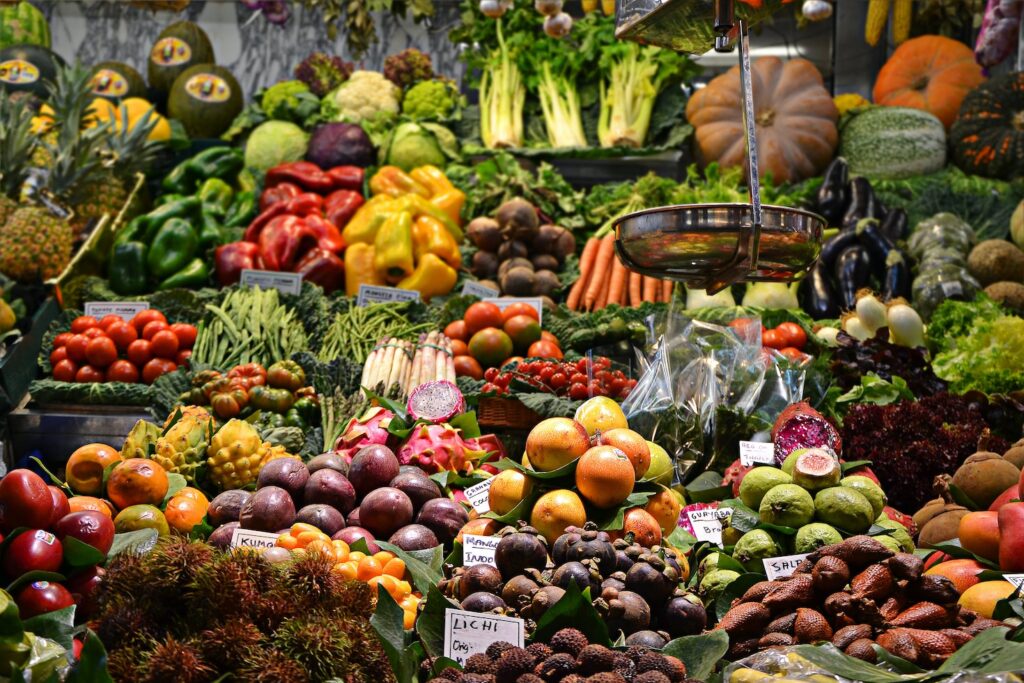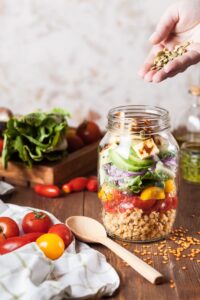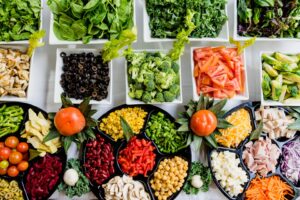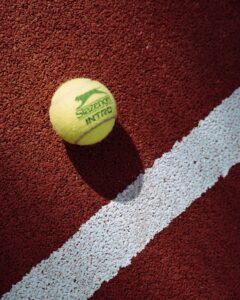Unlocking the Winning Edge: The Optimal Protein Intake for Padel Players Revealed
3 min read
Unlocking the Winning Edge: The Optimal Protein Intake for Padel Players Revealed
Looking to dominate the padel court? It’s not just about having the perfect serve or killer backhand, but also fueling your body with the right nutrients. One crucial element that often gets overlooked is protein intake. As a padel expert, I’m here to divulge the secrets of optimal protein consumption for padel players. So, let’s dive in and discover the protein power that can give you the winning edge!
The Role of Protein in Padel Performance
Protein is the building block of muscles, making it essential for any athlete, including padel players. It helps repair and rebuild muscle tissue, promotes faster recovery, and contributes to overall improved performance on the court. But it’s not just about bulking up; protein plays a vital role in enhancing endurance, agility, and coordination as well.
Calculating the Ideal Protein Intake
To optimize your protein consumption, it’s crucial to determine your ideal protein intake based on your body weight, activity level, and goals. As a rule of thumb, aim to consume approximately 0.8 to 1.2 grams of protein per kilogram of body weight. However, if you engage in intense training sessions or aim to build muscle, you may lean towards the higher end of that range.
Protein Powerhouse Foods for Padel Players
While protein supplements can be convenient, it’s always better to obtain nutrients from whole foods. Here are some protein powerhouse options to include in your padel player’s diet:
1. Lean Meats:
Turkey, chicken breast, and lean cuts of beef are excellent sources of high-quality protein. Be sure to choose skinless and trim visible fat for a leaner option.
2. Fish and Seafood:
Salmon, tuna, and shrimp are not only delicious but also packed with omega-3 fatty acids, which reduce inflammation and aid in muscle recovery.
3. Plant-Based Protein:
Integrate plant-based protein sources like tofu, tempeh, lentils, quinoa, and beans into your diet. These options provide a healthy and sustainable alternative to animal protein.
4. Greek Yogurt:
Rich in protein and low in fat, Greek yogurt is a versatile snack that can be eaten on its own or incorporated into smoothies and salads. Choose plain Greek yogurt to avoid the added sugars often found in flavored varieties.
5. Eggs:
Eggs are affordable, readily available, and packed with essential amino acids. Whether you prefer them boiled, scrambled, or as an omelet, eggs make for a protein-packed meal anytime.
Timing is Key for Optimal Protein Absorption
While meeting your daily protein requirements is vital, timing matters too. Fueling your body with protein throughout the day aids in muscle repair and growth. To maximize protein absorption, spread your protein intake evenly across your meals, including a post-workout protein-rich snack or meal within 30 minutes of finishing your padel session.
Listen to Your Body
Understanding your body’s individual needs is crucial when it comes to protein intake. Pay attention to how your body responds to different protein amounts and adjust accordingly. Remember, nutrition is not a one-size-fits-all approach.
Protein and Hydration
Don’t forget to hydrate properly while incorporating sufficient protein into your diet. Water facilitates nutrient absorption and aids in muscle recovery. Aim to drink at least 8 glasses of water per day and increase your intake during intense training or matches.
In Conclusion
As any padel expert would tell you, achieving peak performance on the court requires a holistic approach. By incorporating the optimal protein intake into your diet, you can enhance your strength, endurance, and overall game. Remember, food is fuel, so make sure you give your body the right nourishment it needs to reach the winning edge on the padel court!
So, grab your racket, replenish your protein, and get ready to dominate the padel court like never before!
– Your friendly Padel Expert







